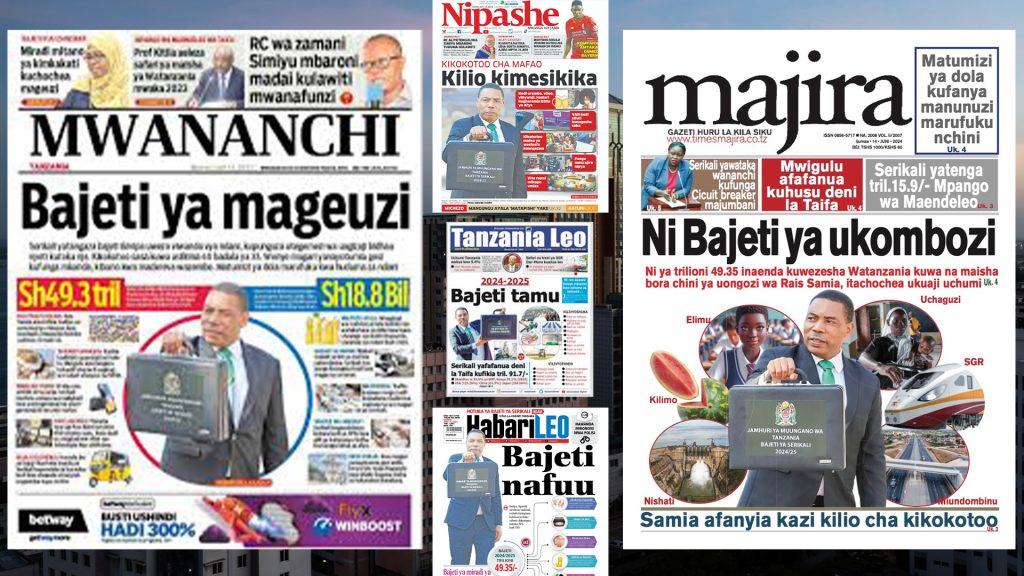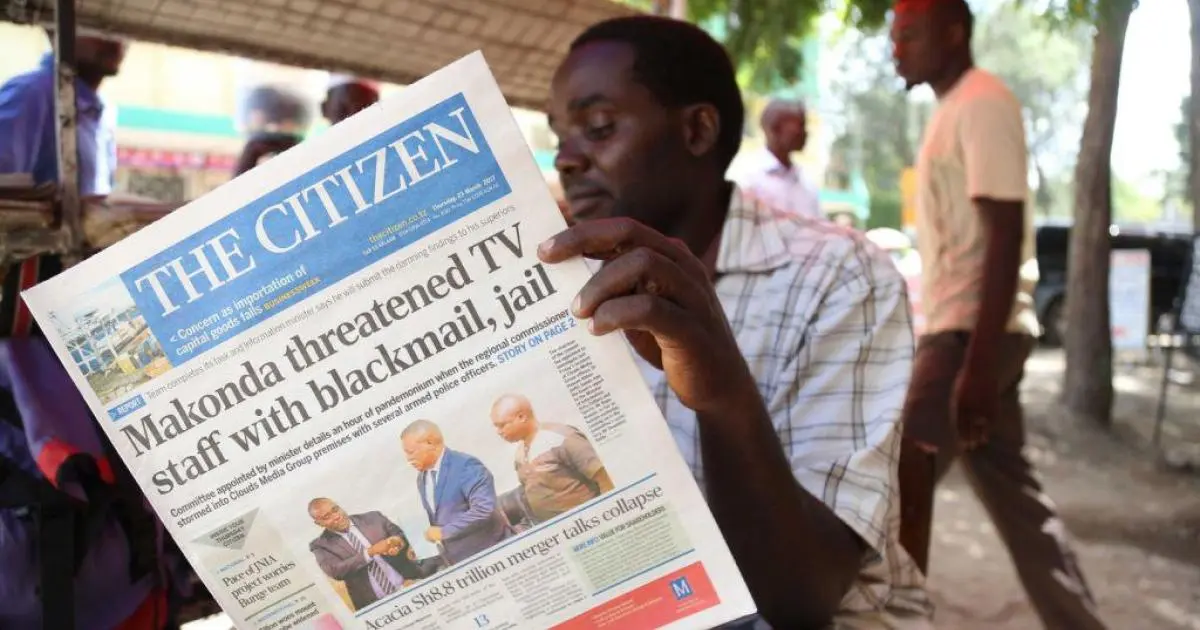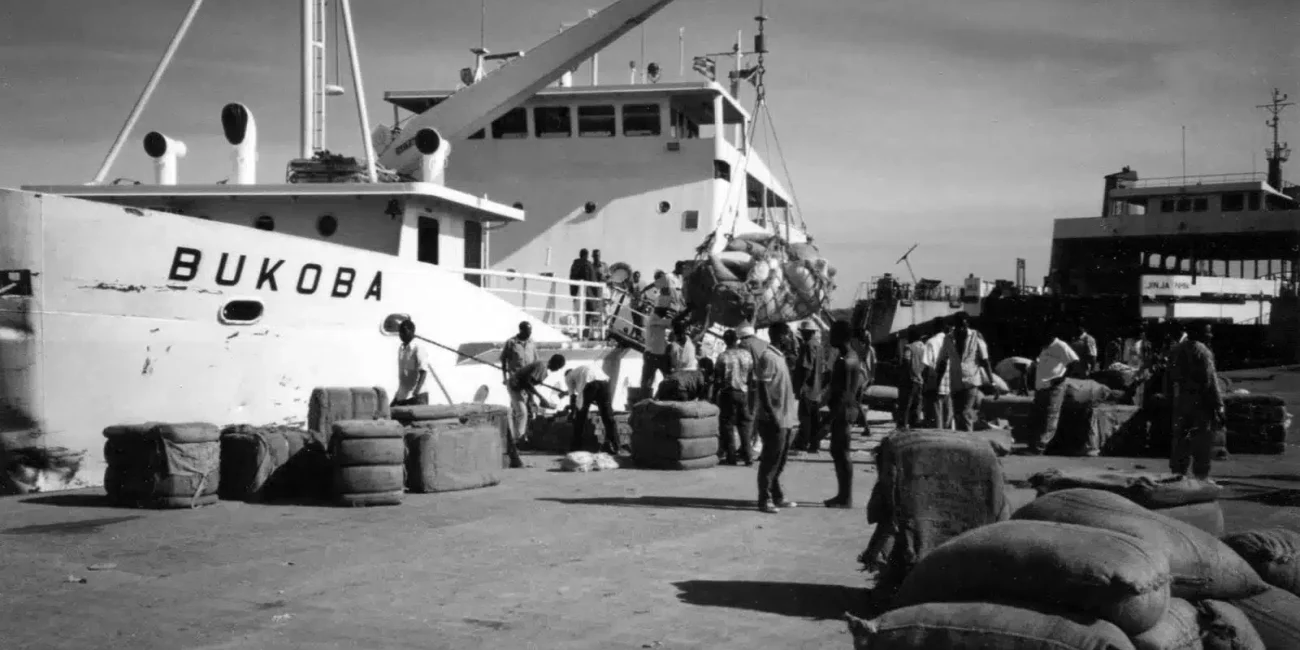Reading Tanzanian print media these days is an excruciating experience, leaving me with many unanswered questions. My first reflexive question is, what is wrong with our journalists? Another stems from Mr. Tido Mhando’s remarks on June 18, 2024, during his report submission on the media’s economic well-being: How is the state institutionally killing our media to suppress public accountability? This discourse dives deep into the factors placing our media in a perpetual ICU.
During my university days, a friend invited me to his home in Urafiki Flats, Dar-es-Salaam. While there, his neighbour invited us over to his apartment where his Indian wife was preparing drinks and snacks. For reasons still unclear to me today, this gentleman, whom I had never met before, introduced me to the concept of “critical analysis” in journalism.
The vigorous debate, unfamiliar to me at the time, took my friend and me through real examples of intrigue and contemplation. Most of the discussion details have been redacted for brevity.
He compared Kenyan newspapers with Tanzanian ones. At that time, I was familiar with our socialist propaganda. I timidly dismissed his compelling points, claiming Tanzanian journalism faced unfair criticism due to its socialist stance. Gently, our host asked if I had ever read any Kenyan newspapers to draw such conclusions. I humbly admitted I was unfamiliar with what Kenyan journalists wrote about.
He advised me to start buying and reading Kenyan newspapers. He also gave me a copy of a Tanzanian doctoral thesis that meticulously compared the quality of journalism between Tanzania and Kenya.
Since the thesis was written by a Tanzanian student, it seemed impartial and credible. It opened my eyes, and from that day, I began delving into the in-depth research presented.
I became fascinated with Kenyan columnists who inspired me to improve my analytical skills. Initially, their work impressed me immensely. However, over time, I noticed tribal biases that overshadowed their pursuit of truth. Nonetheless, Kenyan journalism remains self-sustaining, unlike Tanzanian media, which is struggling due to executive interference and manipulation.
Tido Mhando Was Spot On
According to the dispositions of the chairperson of the media economic well-being committee, Tido Mhando, the government is killing our media through legal and extrajudicial activism.
The final upshot has been that the media have imposed upon themselves self-censorship to evade government and judicial assaults that may cripple their establishments or risk their lives and safety. Cases of journalists disappearing, being attacked with acid, or assaulted by unknown people are not new.
As the media avoided objective reporting, the number of readers dwindled, reflected in their negative balance sheets. Readers expect transparency and accountability, but most printed media have become mouthpieces of the government, playing safe to avoid repercussions.
As our media sides with the government, revenue from sales of media products dries up due to judicial activism and extrajudicial deeds that court government favoritism, weakening the media’s objective reporting.
Libel decisions from courts have awarded plaintiffs colossal sums of money that lack justification. The basis of assessment is either arcane or simply devoid of logic and common sense, unleashing a powerful message across media entities to surrender to the authorities or face natural death.
Most media have opted for the easier way out to look at the government as their employer where they can get advertisement revenues and under-the-table bribes to keep the ends floating.
As the media becomes more submissive to the whims of the government, they alienate their clients: the readers! Now, the relationship between the media and their clientele is broken, possibly forever. Trust no longer glues the media to its readership. So, having the government, which has consciously and purposely undermined the media, investigate what is wrong with it sounds hypocritical and sarcastic.
Also, read: Climate Noise: Climate Journalism without the White Noise
It is not difficult to see why. This situation is akin to taking the matter of an eaten hare to a wolf who had it for dinner. Without prejudice, we all know where the decision will turn out to be: not guilty despite the overwhelming evidence!
Without a vibrant media, the executive is unwittingly plugging wax into its ears and gouging out its eyes in self-defeating posturing. No wonder the government’s demeanour seems more aloof, insular, and disengaged from the plight of the poor. Many blunders could have been avoided if our media was healthy, vibrant, and independent. To illustrate this, let’s examine the media’s positioning on our budget for 2024.
Tanzanian Printed Media Applauded the Budget!
Most printed media showered our budget with misleading encomiums and read or saw no evil in it. Nipashe trumpeted: “Kikokotoo cha mafao: Kilio kimesikika.”
Majira descended with a shout, and a voice of an Archangel: “Ni bajeti ya Ukombozi….” Habari Leo was even more boldly forthcoming: “Bajeti ya tril 49/- kuleta nafuu.”
Wamachinga gave it a standing ovation: “Bajeti ya Mageuzi…: Tanzania Leo foreshadowed this budget would lead us to the Promised Land: “….Bajeti Tamu.” Mwananchi was uncharacteristically more obliging: ‘Bajeti ya Mageuzi…’
There was a major deficiency in all of these fallacious titles: no paper worthy of its name took the time and space to justify the accolades. All papers proceeded with a sense of urgency to report what the budget said it would do, but no critical analysis was applied to warrant the vacuous titles splashed on the front pages as top stories to sell the papers!
A reader, bamboozled by those flashy hyperboles, is disappointed when he forks out cash expecting ample reasoning to support the news-selling banners. Once he finds out the titles were mere spiels, he feels cheated and is less likely to buy newspapers next time because his mind is made up. He is not a fall guy to be taken advantage of!
Kenyan newspapers, despite their tribal and ethnic biases, at least deploy plenty of analytical skills to engage a reader’s mind. That, on its own, is sufficient reason to dip into the pocket to buy the next edition.
This is how Tanzanian media has been choked off by the government, eager to promote false narratives to hoodwink average Tanzanians into believing it is working for their betterment. In truth, it schemes to enrich senior public servants: kleptocracy is all we are left with.
For a parting shot, as efforts to suppress and distort the truth continue, the government further alienates itself from the harsh realities facing average Tanzanians. This is confirmed beyond reasonable doubt when Nyerere’s political party, CCM, promotes paid healthcare insurance instead of free healthcare.
If South Africa’s Democratic Alliance, formerly an apartheid symbol, now pushes the ANC of Nelson Mandela to adopt free medical services and education, one must ask what’s wrong with the current CCM leadership.
Regrettably, such a productive debate will never feature in our malnourished media content, thanks to our self-serving government that kills institutional accountability for self-survival and enrichment.





It’s astonishing how professional journalism is undermined in Tanzania.
Now Days anyone who can write is a journalist